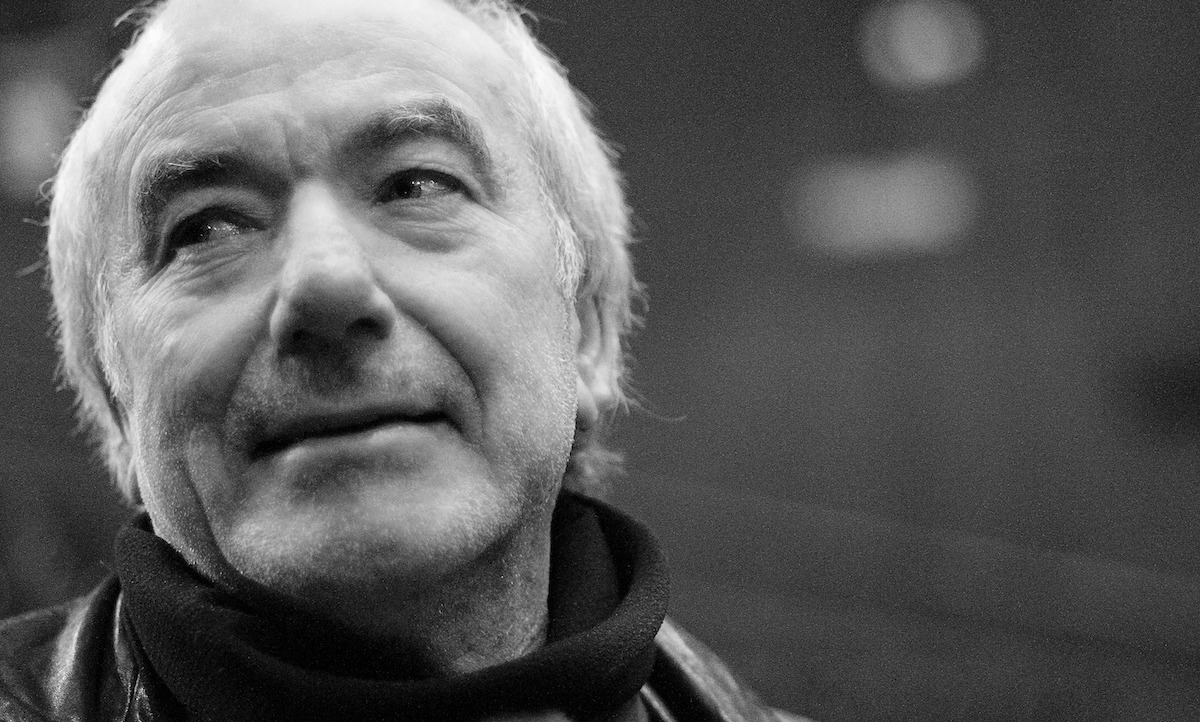
Meal” is a chamber theatre in five stages, each with five different compositions without singing.
The play is not a self-contained play(even if one wanted to read it that way). It was written as a play for five different project teams. Each scene (with or without a narrator’s perspective) is therefore supervised by a director or a composer. That’s why different actors and narrators were needed for each scene. With the duplication of certain characters, the content has its irritations, but at the same time its ubiquity and timelessness.
The scenes and the narrators’ texts are different perspectives on two recent events. One took place in Austria, another in New York. These are fused with one of the most exciting chapters from Ovid’s “Metamorphoses” and the famous falcon novella from Boccacchio’s “Decamerone”.
None of the texts within the scenes were intended to be set to music by the composers. If singing is a compositional theme at all, singing (the singing voice) can and should only be used purely instrumentally.
Due to the different approaches and styles of the various composers, the scenes differ through their music. It is really a matter of colouring the scenes, of dramatising them musically, or better: of dramatising them musically. This intermediate area between “stage music” and “music theatre”, between “stage sound” and “staged music” was the aim.
“Colourings” are also desired in the rendering of the texts: pale dialect, rural (also the narrator). The sequence of scenes can be arbitrary. The sequence suggested here seems to me to be the best because it balances the two parts, separated by a pause, in the overall tension (Hans-Peter Jahn, 2008).
Meal
Chamber theatre in five stages
Libretto by Hans-Peter Jahn for the 2009 Salzburg Pocket Opera Festival




